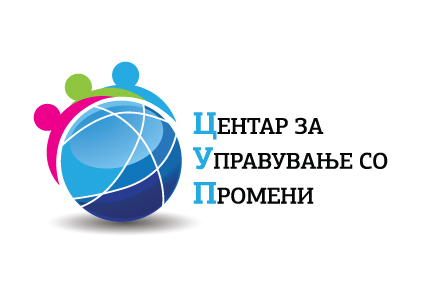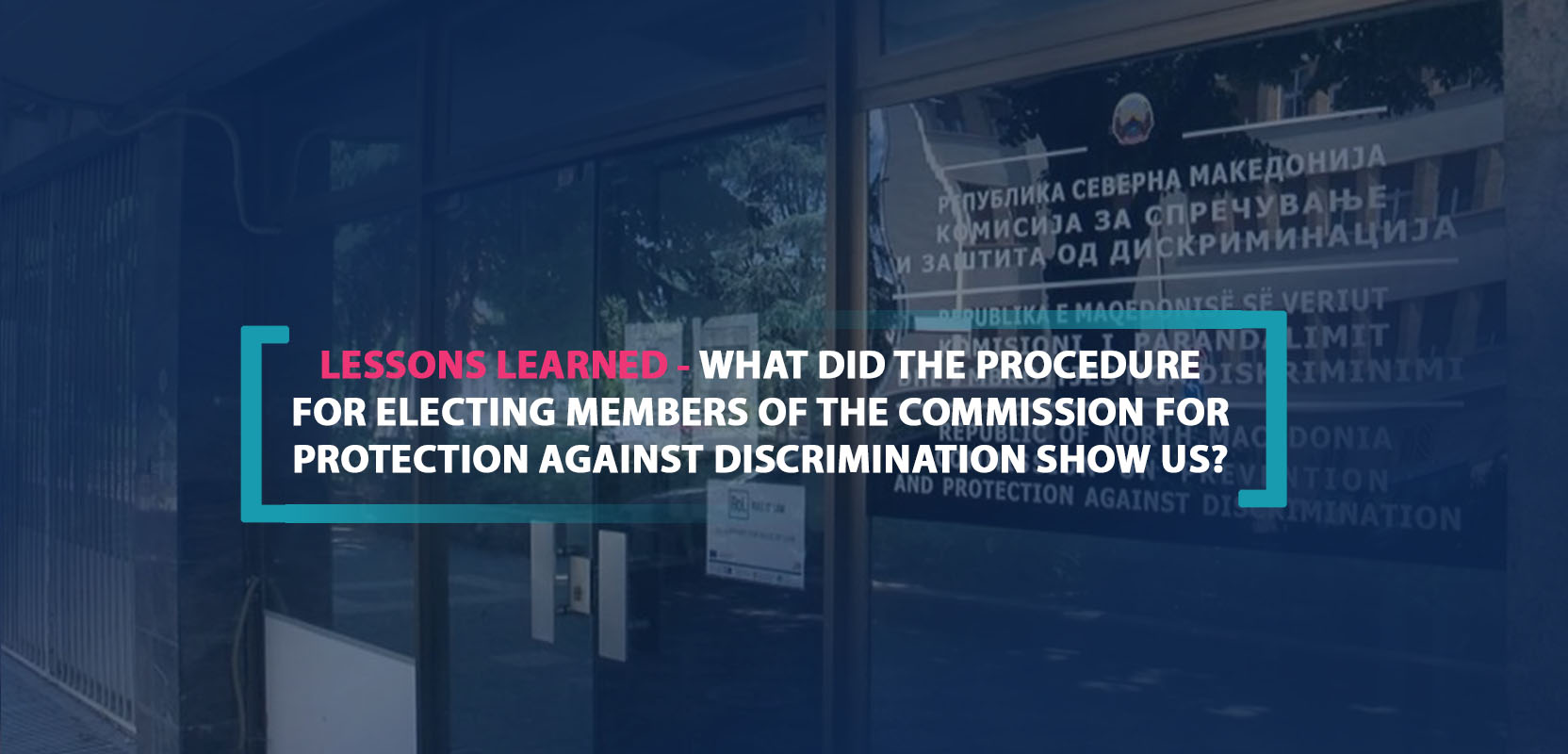News

Inputs by CCM in the implementation of the Public Administration Reform Strategy 2018-2022
Date: 24.08.2018
The Center for Change Management (CCM) is implementing a number of ongoing projects that contribute to the achievement of the indicators defined in the Public Administration Reform Strategy - PAR (2018-2020). Most activities are carried out in co-operation with competent institutions. The projects are funded with funds from the British Embassy and the European Union.
We would like to highlight some of the results achieved in order to more effectively achieve the objectives of the Strategy, implemented under the programs supported by the British Embassy, "Supporting the Public Administration Reform Process" and "Administrative Justice", from January to June. 2018,
1. ANALYSIS OF MODELS FOR STATUS OF THE ACADEMY OF TRAINING AND PROFESSIONAL DEVELOPMENT - MYO TRAINING SECTOR
In May 2018, a detailed analysis was made of the possible modalities for the establishment of an Academy of Professional Development of Administrative Officers. The analysis includes a comparative overview of the institutions responsible for training public servants in 9 European countries on: the status and type of institutions, their organization and method of funding, the target group or range of beneficiaries, as well as the scope and type of training. Based on the identified types of institutions, an overview of their strengths, weaknesses, weaknesses and advantages in the Macedonian context is given.
The analysis also gives clear conclusions and recommendations on the modalities of the Academy, and the final decision should be made by MISA and the Government. We consider the analysis to be solid, informative and instructive and should be made public.
2. METHODOLOGY OF INTERNAL FUNCTIONAL ANALYSIS
In the period January-June 2018, a Methodology for Conducting Functional Analysis in Public Sector Institutions in cooperation with MISA was elaborated. The methodology is based on the British experience of Capability review, overcoming the shortcomings identified in the methodology used previously, but primarily based on the strategic objectives of the institutions in their Strategic Plans and Linear Strategies, ie their preparedness for realization. The methodology foresees the process to be completed with a specific plan of measures and activities for improvement in all analyzed areas (institution structure, readiness to meet strategic goals, leadership, communication, human resources management, etc.), which will be approved by the institution's management. and regularly followed in its fulfillment. The methodology is implemented in two pilot institutions - MISA and MLSP, after which reports on the implemented functional analysis and improvement plans are prepared. Following the piloting, the methodology was finalized, and representatives of 15 institutions were trained in its application, in support of other institutions to facilitate the functional analysis. The methodology should be made available to all institutions wishing to use it.
3. IMPROVING THE REGULATION IMPACT ASSESSMENT PROCESS (RIA)
The main objective of this initiative of the project was to take measures to improve the implementation of the RIA process, simplify the RIA Report, as well as trainings on upgrading administrative capacity in ministries. At the same time, trainings and workshops were organized to better understand the RIA process of cabinet officers in the ministries. However, upgrading the administration's skills for evidence-based analysis and statistical parameters as well as skills for assessing the financial implications of regulations and policies remain necessary.
4. OPEN DATA STRATEGY
Developed a Strategy (Available at: http://www.mio.gov.mk/?q=mk/node/1825) on open data as a way to improve the transparency, openness and integrity of institutions, which should contribute to improvement. innovation and economic development in the country. At the same time, it is the first and fundamental step in the digital transformation of institutions. However, the institutions' readiness for its effective implementation is insufficient and represents a potential danger for its implementation. These conditions were identified during the inventory of data sets in accordance with the legislation in the four pilot institutions.
Therefore, we believe that it is necessary to work on improving the institutional memory and enhancing the processes of data collection and processing in the institutions.
5. OPEN DATA PORTAL
The development of the Open Data Portal is underway, which should be the focal point where all data will be published according to the Open Data Strategy. This portal should allow users to search, visualize (where possible), and download data. The portal will also allow authorized users to publish datasets and other content and manage the publishing process.








